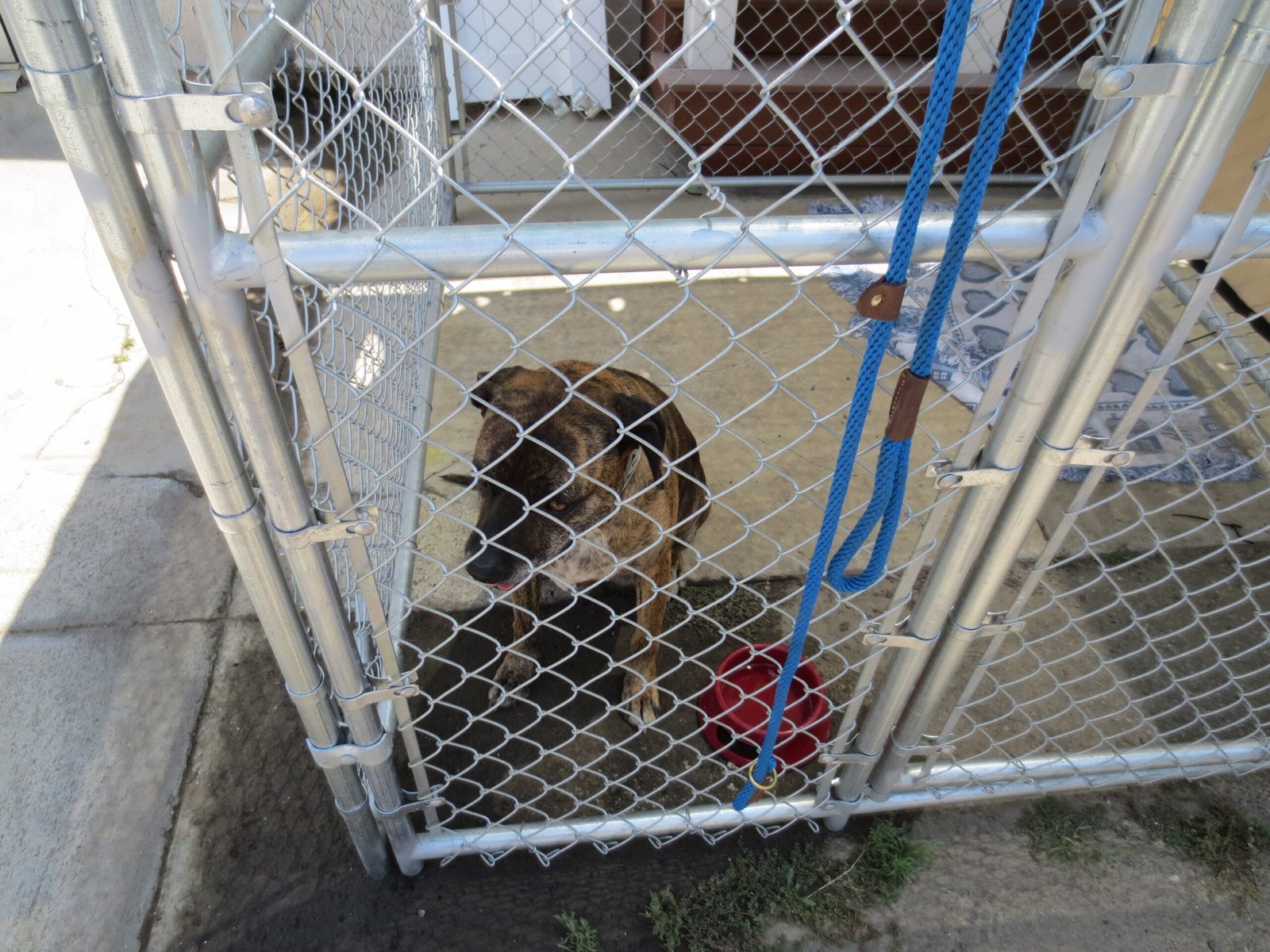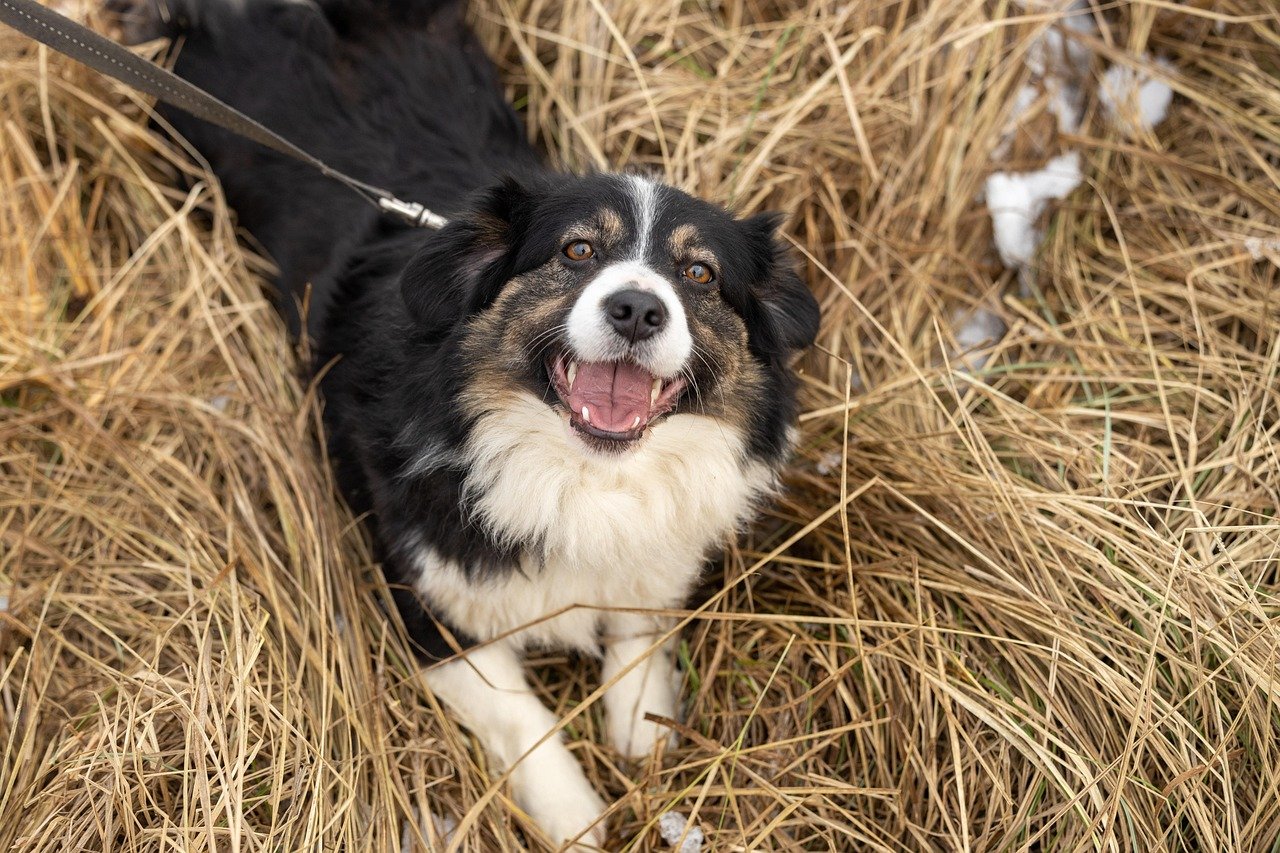Picking a dog breed that aligns with your aging lifestyle is a decision that can bring immense joy and companionship. As we age, our priorities and capabilities often change, making it essential to choose a breed that matches our new lifestyle. The right dog can provide not only companionship but also a sense of purpose and daily joy. Some breeds are naturally well-suited for a calmer, more relaxed lifestyle, while others may require more energy and commitment. Understanding these differences will help you find a furry friend who fits seamlessly into your golden years. Let’s explore how you can make this choice wisely, ensuring a harmonious relationship with your four-legged friend.
Understanding Your Lifestyle Needs

The first step in choosing the right dog breed is understanding your current lifestyle. Are you an active senior who enjoys long walks, or do you prefer a more relaxed routine? Your daily habits and energy levels will significantly influence the breed that suits you best. For example, if you enjoy brisk walks in the park, a Labrador Retriever might be a wonderful fit. On the other hand, if you prefer cozy evenings by the fireplace, a Bichon Frise could be more your speed. Assessing your lifestyle honestly will set the foundation for a happy partnership with your new pet.
Considering Size and Space

The size of your living space is another crucial factor in selecting the right breed. Larger dogs may require more room to roam and play, while smaller breeds are often more adaptable to apartment living. If you’re living in a smaller home or a retirement community, consider breeds like the Chihuahua or French Bulldog, which are content with less space. Conversely, if you have a larger home with a yard, breeds like the Golden Retriever or German Shepherd might thrive. Balancing the dog’s size with your living situation ensures comfort for both you and your pet.
Evaluating Health and Care Needs

Different dog breeds come with varying health and care requirements. Some breeds are known for specific health issues that may require more frequent vet visits or special care. For instance, Bulldogs are prone to respiratory problems, while Dachshunds might suffer from back issues. It’s essential to research potential health concerns associated with your chosen breed and consider whether you’re prepared for the care they may need. Opting for breeds with fewer health problems can lead to a more manageable and stress-free experience.
Activity Levels and Exercise Requirements

Matching a dog’s activity level with your own is vital for a harmonious relationship. If you’re not as active as you once were, consider breeds with lower exercise needs, such as the Shih Tzu or Cavalier King Charles Spaniel. These breeds are content with short walks and some playtime. However, if you’re still active and enjoy regular exercise, breeds like the Australian Shepherd or Border Collie might complement your lifestyle. Ensuring that your dog’s exercise needs align with your capabilities will prevent frustration and promote a happy, healthy bond.
Temperament and Personality Matching
A dog’s temperament plays a significant role in how well they integrate into your life. Some breeds are known for their calm and gentle nature, making them excellent companions for seniors. Breeds like the Pug or Maltese are often affectionate and easygoing, fitting well with a more relaxed lifestyle. If you’re seeking a loyal and protective companion, breeds like the Beagle or Collie might be more suitable. Understanding the typical personality traits of different breeds will help you find a dog whose character aligns with your desires.
Grooming and Maintenance Considerations
Grooming needs vary widely among dog breeds, influencing the time and effort required to keep them looking their best. Long-haired breeds like the Afghan Hound require regular grooming sessions, which might be challenging for some seniors. Short-haired breeds such as the Boxer or Dachshund are low-maintenance in terms of grooming. Evaluate how much time and energy you’re willing to dedicate to grooming and choose a breed that fits your preference. This will help maintain your dog’s health and appearance without adding unnecessary stress.
Financial Aspects of Dog Ownership
Owning a dog comes with financial responsibilities that can vary depending on the breed. Larger breeds often require more food and may have higher veterinary costs. Additionally, certain breeds may need specific grooming tools or regular professional grooming services. It’s important to consider your budget and choose a breed that aligns with your financial situation. By understanding the costs associated with different breeds, you can make an informed decision that ensures you’re financially prepared for dog ownership.
Exploring Adoption and Rescue Options

Adopting a dog from a shelter or rescue organization can be a fulfilling way to find a breed that matches your lifestyle. Many shelters have older dogs that are already trained and may have lower energy levels, making them ideal companions for seniors. Additionally, adoption counselors can help match you with a dog whose temperament and needs fit your lifestyle. Giving a rescue dog a second chance at a loving home can bring immense joy and satisfaction, benefiting both you and your new furry friend.
Involving Family and Friends in the Decision

Choosing a dog breed that fits your aging lifestyle can be an important decision, and involving family and friends can provide valuable insights. They may offer perspectives on how different breeds would fit into your life or help you assess your capabilities objectively. Moreover, having a support system in place can be beneficial for times when you may need assistance with your pet. By engaging those close to you in the decision-making process, you can ensure a well-rounded choice that considers all aspects of your life.
Preparing for the Transition

Once you’ve chosen the perfect breed, preparing for the transition is crucial. Make sure you have all the necessary supplies, such as food, a bed, toys, and grooming tools, before bringing your new companion home. Setting up a comfortable space for your dog and establishing a routine will help them adjust to their new environment. Patience and understanding during this period will foster a positive relationship and ease any anxiety your dog may feel. With proper preparation, you can embark on a fulfilling journey with your new furry friend, enriching your life as you both adapt to this exciting change.
Choosing the right dog breed for your aging lifestyle is all about finding a balance between companionship and practicality. By considering factors like energy levels, size, and temperament, you can ensure a fulfilling and stress-free bond with your furry friend. The right dog can bring joy, love, and a sense of purpose to your golden years.





